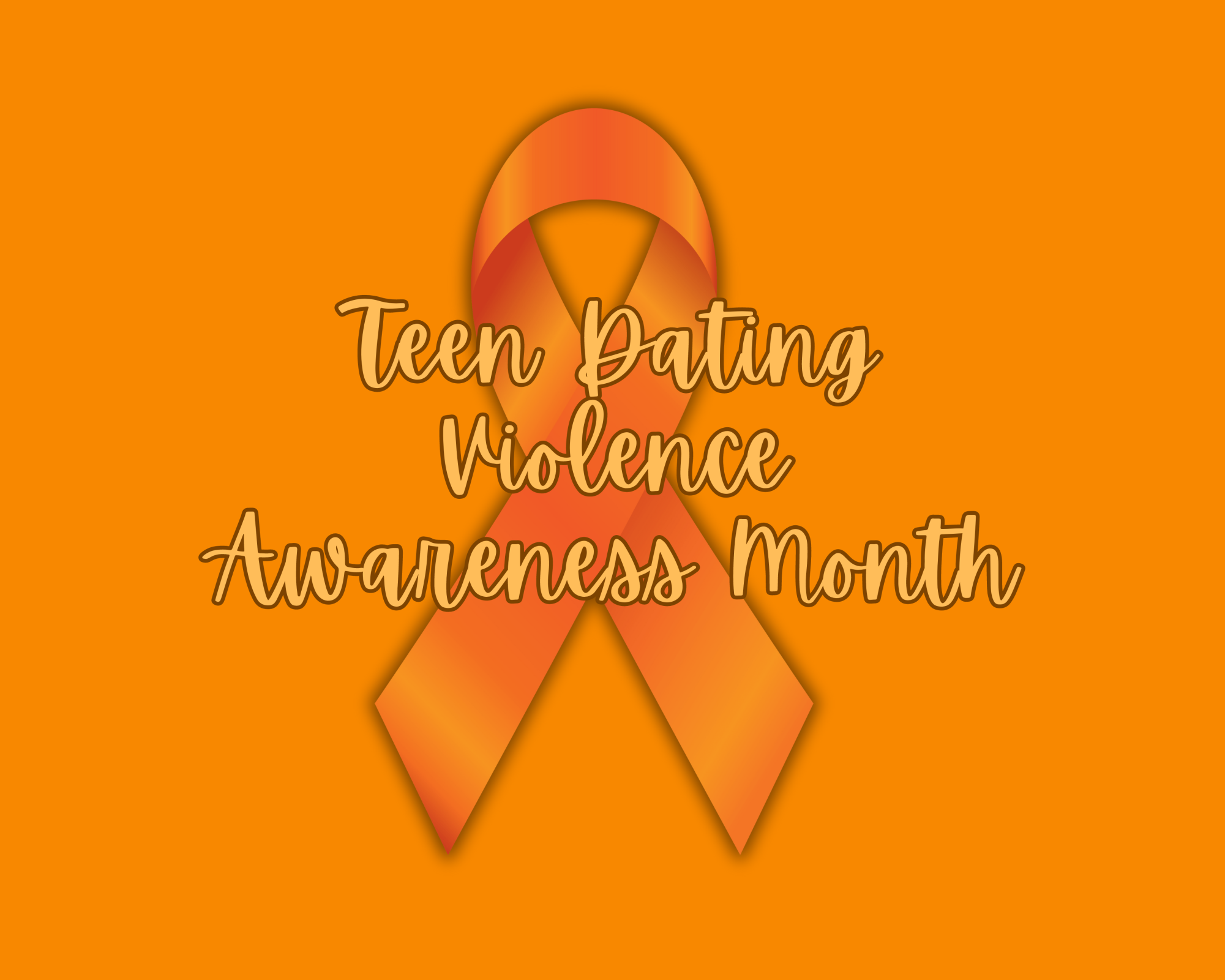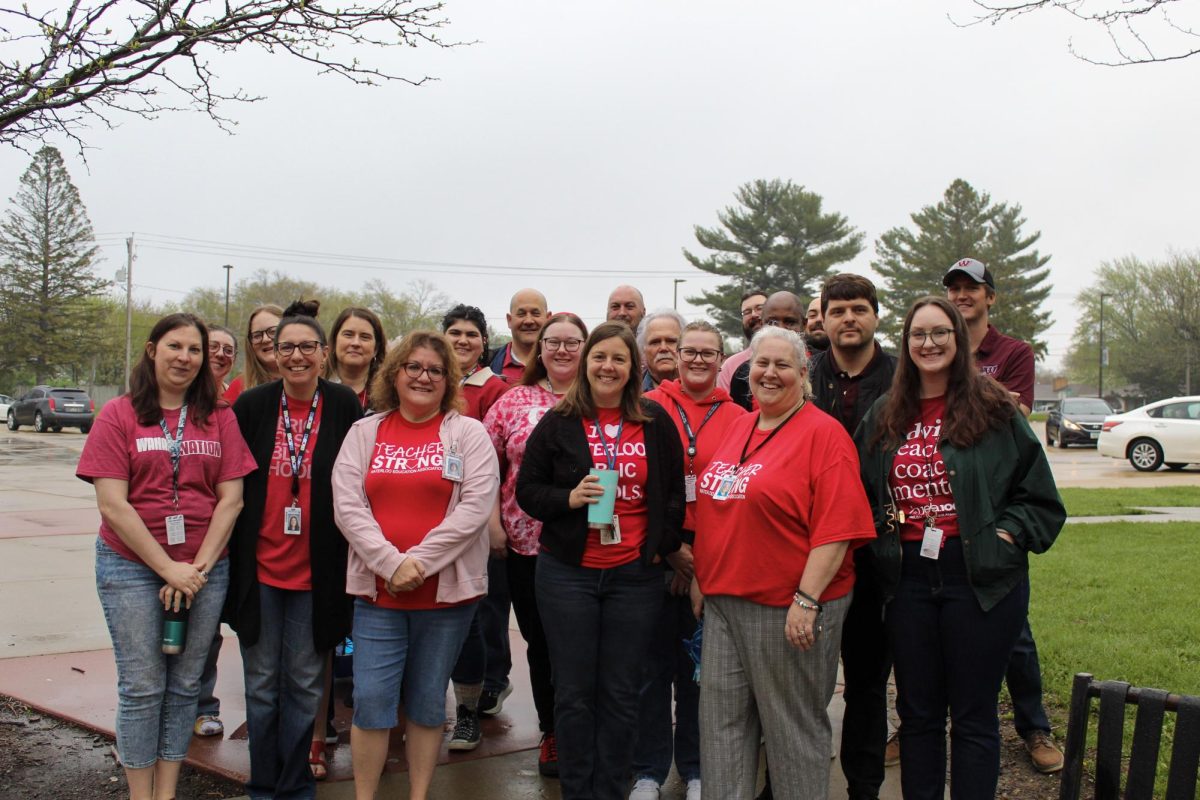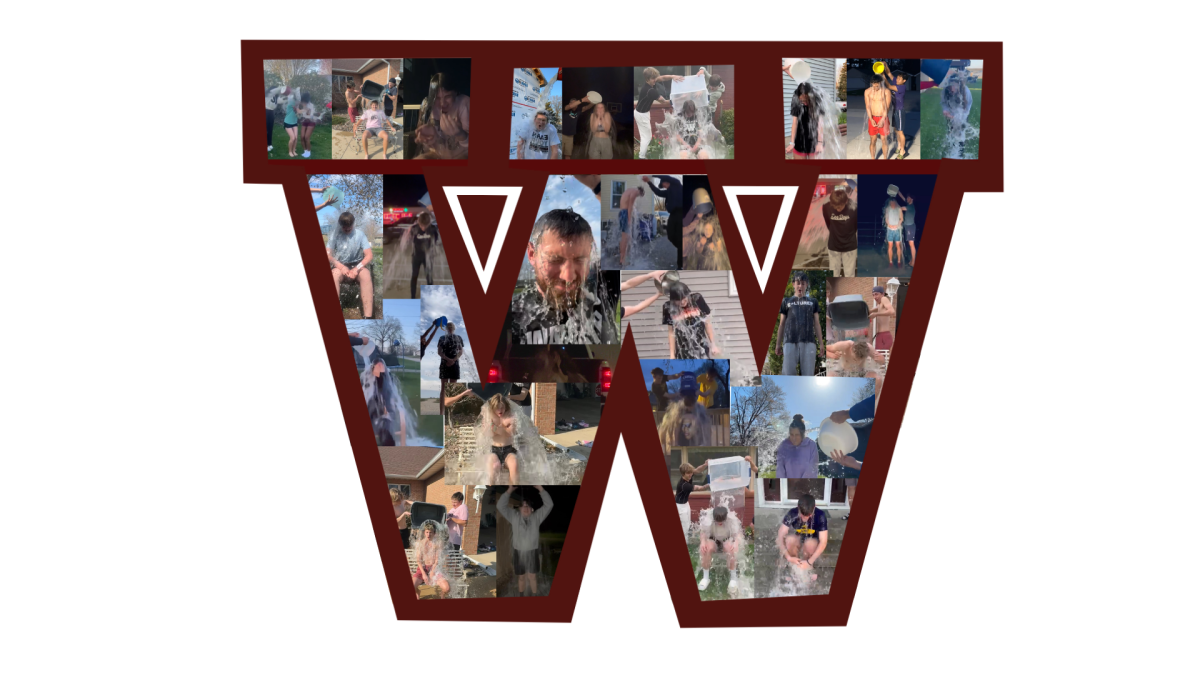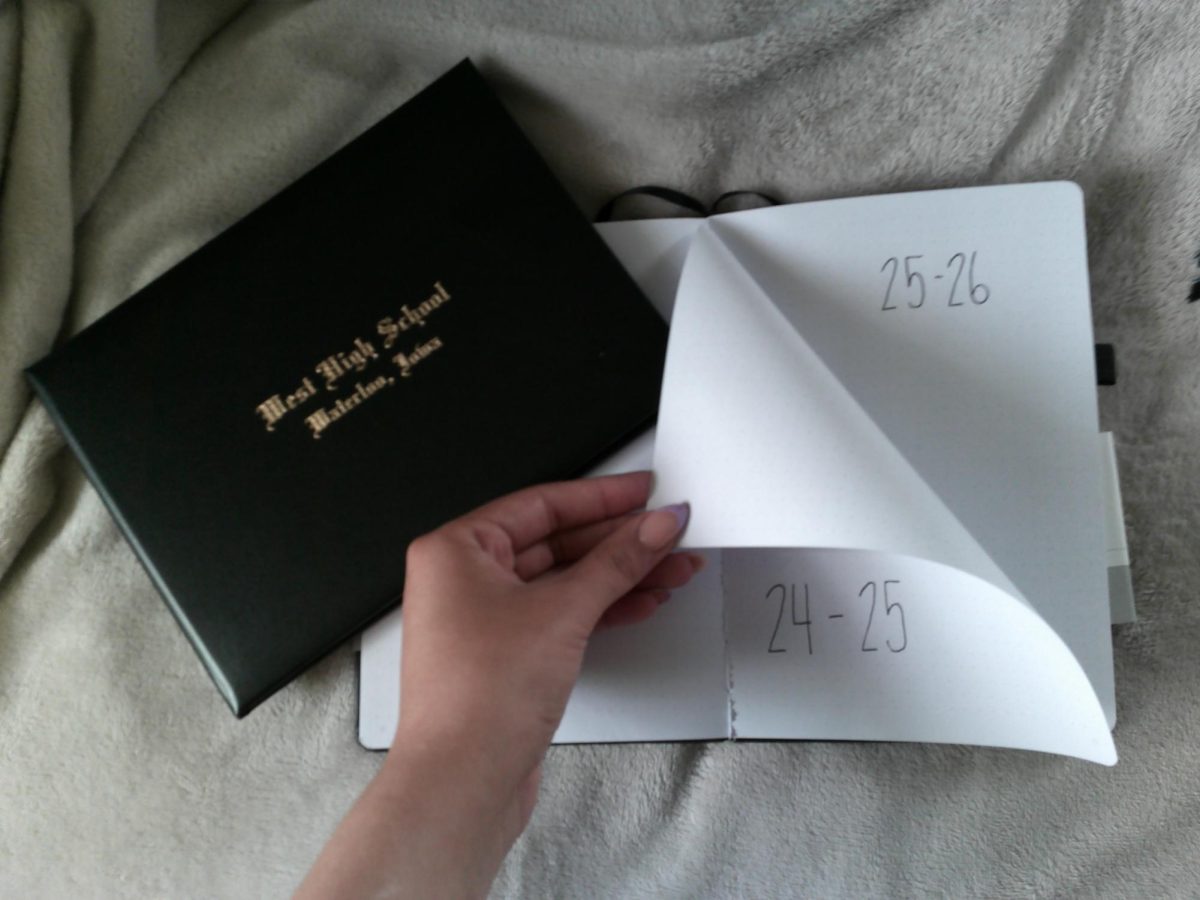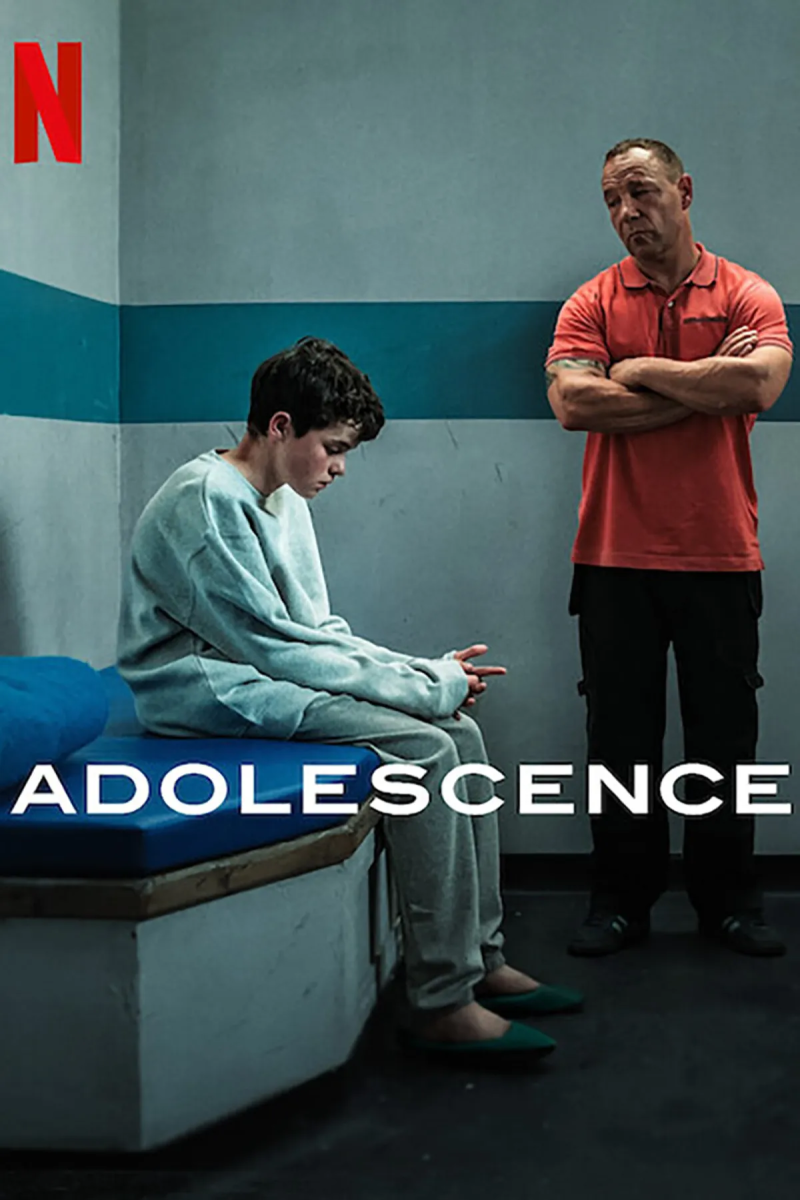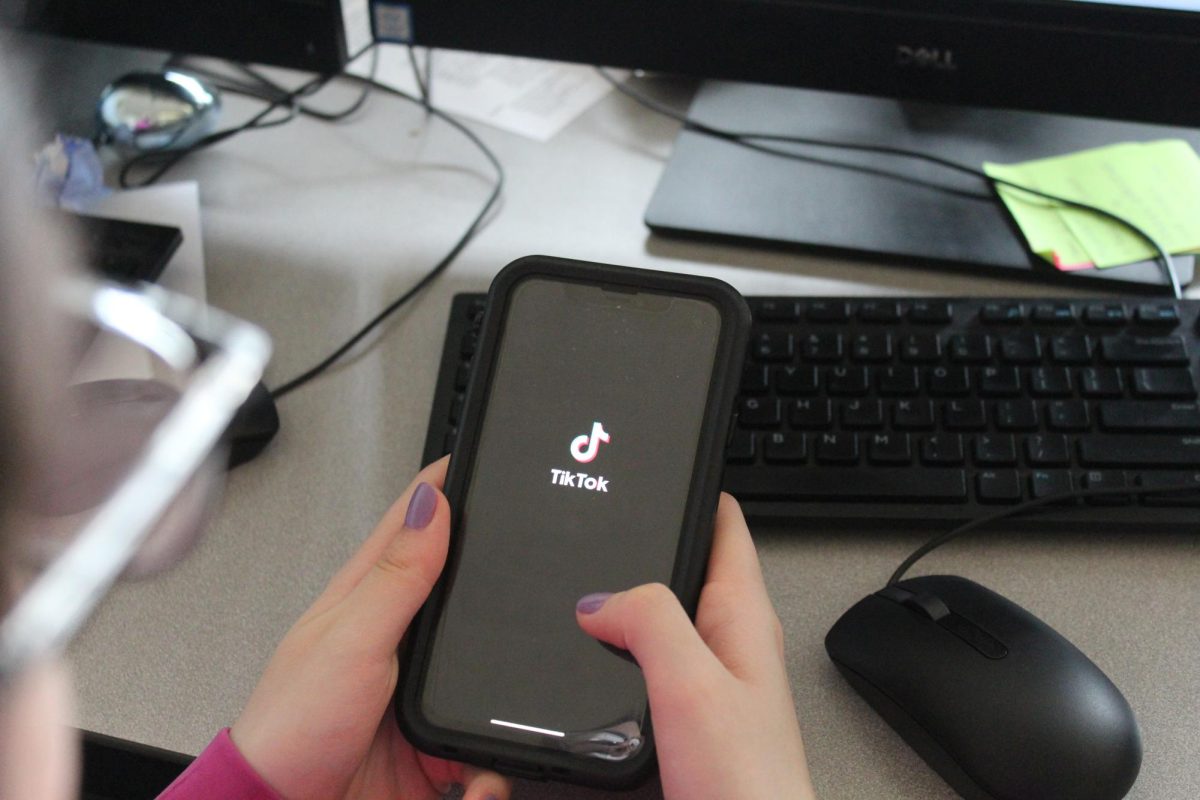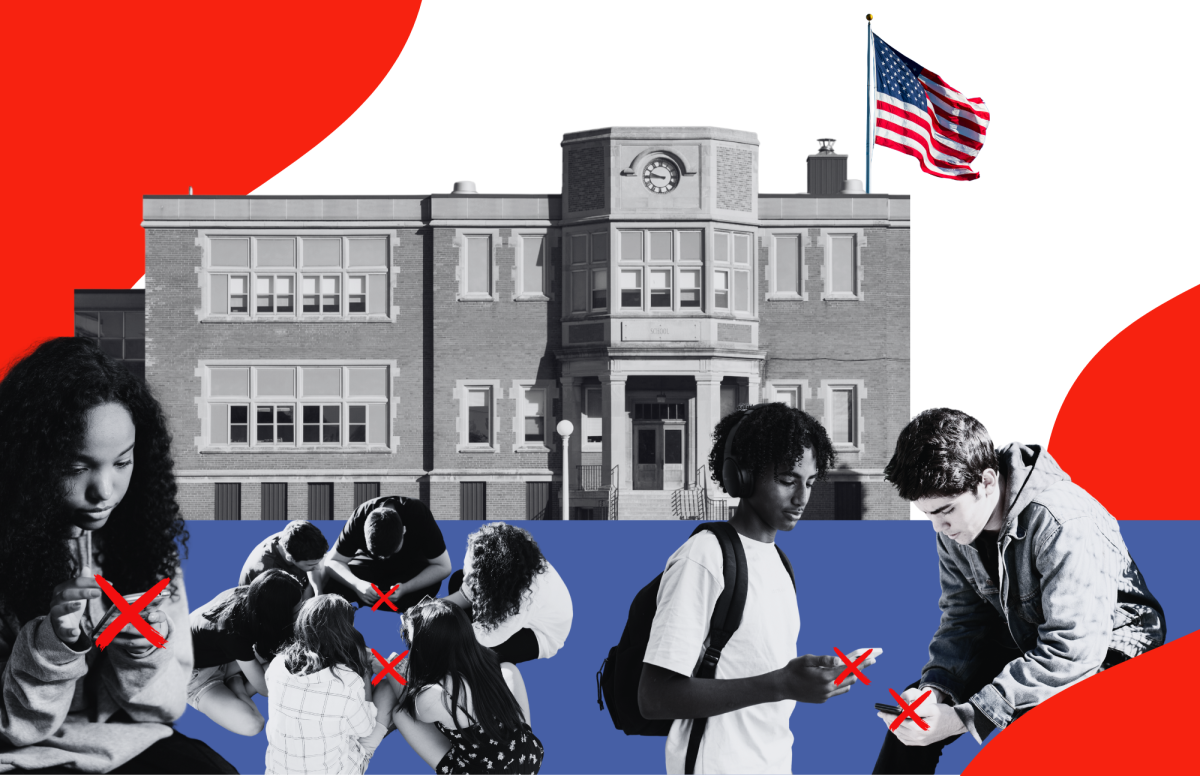February is Teen Dating Violence Awareness Month:
One in every three teenagers will experience abusive behaviors in their relationships throughout their lifetime. Adolescents are dangerously susceptible, as 33% of adolescents in America will fall victim to sexual, physical, emotional or verbal dating abuse. This is a statistic that has been neglected and overlooked.
Teen Dating Violence Awareness Month (TDVAM) was created to spread awareness and promote healthy relationships for not just teens but people of all ages. TDV not only affects adolescents but parents, family, friends, teachers, and communities as well. This is the time to amplify our voices, to speak upon and spread light on such a detrimental issue. This is an annual month-long effort to educate and stop the abuse before it starts.
What is Teen Dating Violence?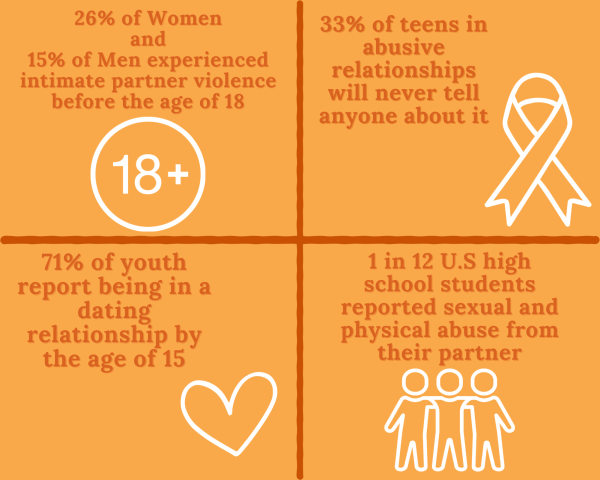
TDV is the physiological or emotional abuse within a dating relationship among two or more adolescents between the ages of 12 to 18. It is an adverse childhood experience that may take place in person or online. This includes physical or mental violence, sexual abuse, stalking, manipulation and physiological aggression. TDV can have severe impacts on long term mental and physical health, along with a stunt in development that is necessary in teens.
The Warning Signs:
The three major warning signs in someone who may be an abuser is extreme jealousy, unpredictability and possessiveness. The potential abuser will use special tactics to make you feel less than human; these tactics include isolation from friends and family, cruel and lewd behaviors, sexual pressure, unrealistic expectations, control issues, as well as threats and derangement. These can be shown in public or private situations.
A majority of abusers come from violent situations themselves, usually making them hostile and easily irritable. Abuse can be shown in many different forms, some harder to spot than others.
Supporting And Understanding:
An instant reaction to hearing a survivor’s story is usually wanting to “save them” but abuse is never that simple. Supporting a survivor can be difficult, but a little can go a very long way. Understanding and respecting their story and their time can help heal in many different forms. Acknowledging the trauma and the difficulty of their situation is a way to make survivors feel loved and understood; not judging their circumstances or how they handled it throughout. Small words of affirmation and kind gestures, recognizing triggers such as words or certain movements, smells, textures or references can assist the healing process.
Survivors are still worthy of respect weather they have chosen to leave their abuser or not. Everyone heals and copes with trauma in different ways and the best way to understand that is to be vulnerable and help throughout the healing process because it will not come easy.
There Is Hope:
As February comes to an end, I would like you to know that you are not defined by your experience or your abuser. From one survivor to another, you could have never provoked or predicted your abuse. It is not your fault and there is help, there is hope and there are people out there who are willing to love and respect you correctly and safely.
If you or anyone you know is suffering at the hands of an abusive relationship, contact the national helpline. Call 1-866-331-9474 or message “love is” to 2252. Additionally visit http://loveisrespect.org for more helpful facts and information.

